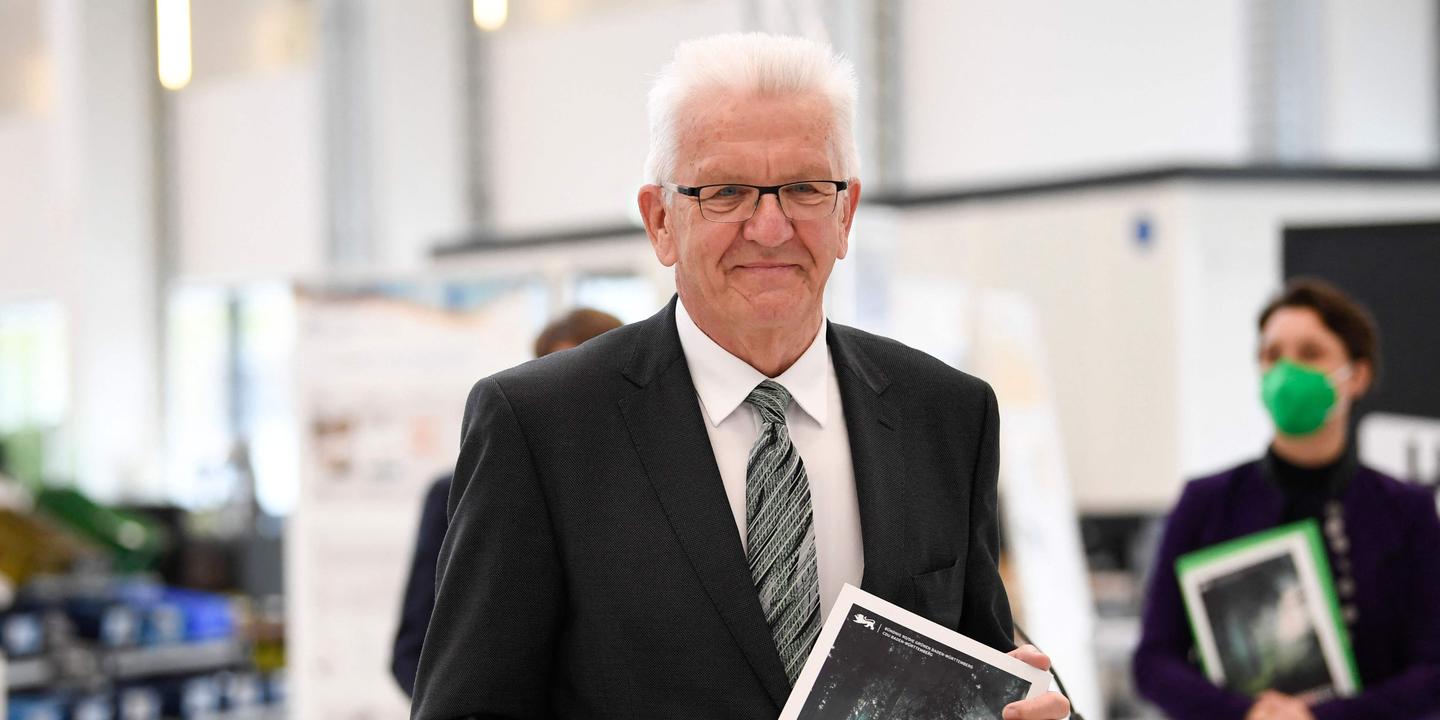After April 29, silence fell for a few days in German economic circles on the climate issue. In a landmark decision handed down that day, the Constitutional Court in Karlsruhe required the legislator to specify its roadmap for reducing emissions after 2030. Above all, it included for the first time in constitutional case law the risks that climate change weighed on the freedoms of future generations. In all its clarity, the decision put the climate issue back at the heart of the Greens’ program, at the top of the German political agenda, ahead of that of reviving the economy.
It is a moment of rupture. Never before have the German economic and trade union circles, rather reluctant to reduce CO emissions too quickly.2, had not been faced with such strong pressure on the climate issue. Since the appointment of Annalena Baerbock as the Greens’ candidate for the chancellery, the party has also taken the lead in voting intentions. It is impossible to ignore this fundamental movement in German society. Cornered, the two parties in power (the conservatives of the CDU-CSU and the Social Democrats) hastily decided to strengthen the objectives: climate neutrality will have to be achieved no longer in 2050, but in 2045.
The Greens at the center of the political game, a certain nervousness seized the economic circles. The large industry federation (BDI), which plays a major role in the political debate, published, in mid-March, a very critical analysis of the environmentalists’ program. She reproaches them for wanting to establish “A planned economy” and one “Interventionist state”, maintaining “A fundamental distrust of the principles of the social market economy”, pillar of the German model. The federation’s concern relates in particular to the ceiling on rents and the reluctance of the Greens towards free trade treaties.
The “party of prohibitions”
The text was surprised by its severity, because the industry has opened up in recent years to environmentalists, who have almost abandoned speeches hostile to economic circles. Annalena Baerbock’s speeches at the last BDI congresses were very applauded. “But it is obvious that differences remain, underlines a source close to industrial circles. Businesses are worried about the concrete implementation of climate goals. The risk is that our highly energy-consuming industries relocate to France for example, where electricity is both inexpensive and low in carbon. “
You have 57.99% of this article left to read. The rest is for subscribers only.
–


